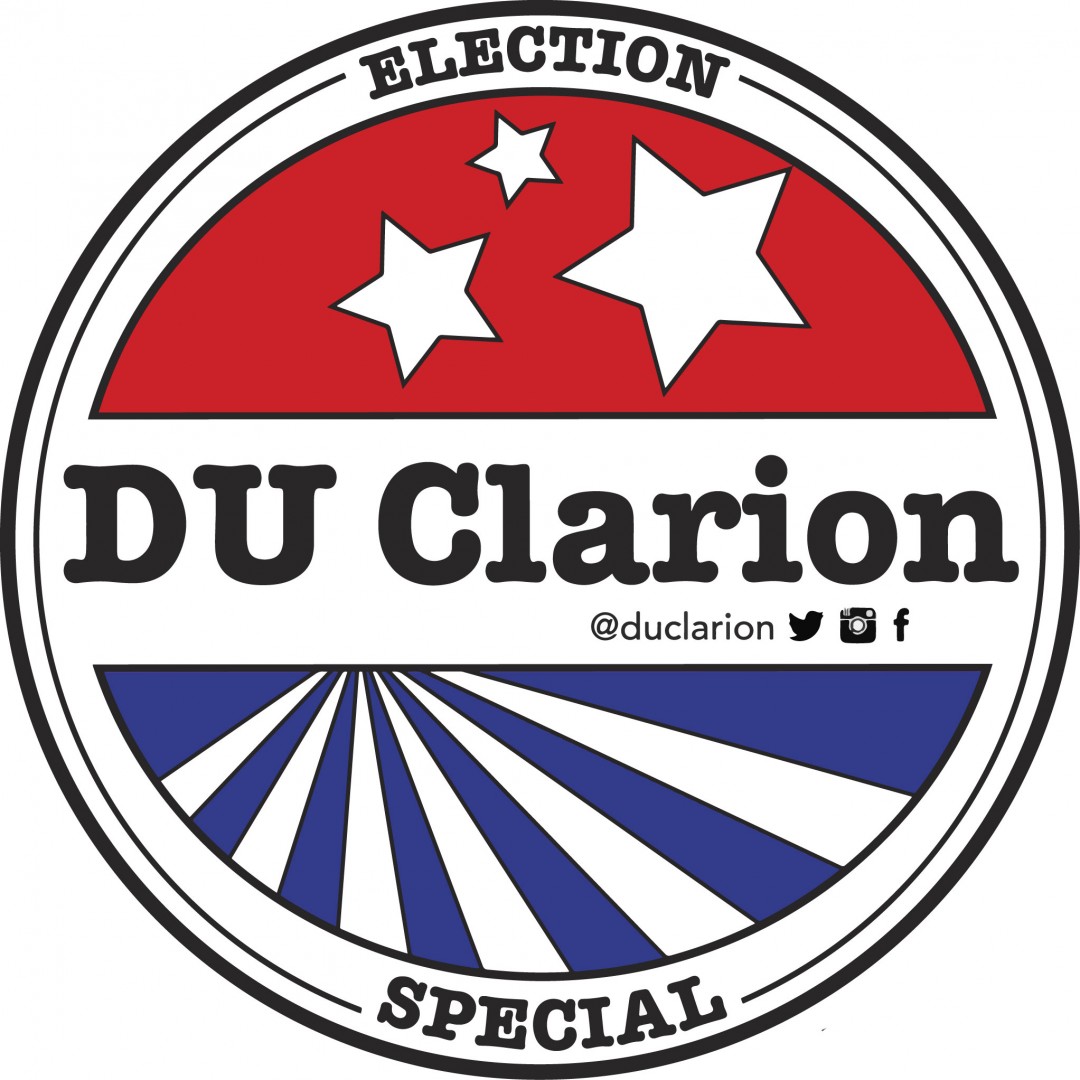Last Tuesday, Sept. 13, 2016, President Obama spoke at a campaign event in Philadelphia for Democratic presidential nominee Hillary Clinton. In his speech, the President criticized Republican nominee Donald Trump for viewing Vladimir Putin, the current president of Russia, as his “role model.”
“Now their [Republican Party] nominee is out there praising a guy–saying he’s a strong leader – because he invades smaller countries, jails his opponents, controls the press and drives his economy into a long recession,” President Obama said during the campaign event.
President Obama asked the crowd to truly think about the fact that Putin is seen as Trump’s role model. What does Trump’s positive view of Putin mean for citizens of the United States if he becomes president?
Trump has already been paralleled to Putin by many media outlets, including The Washington Post and Newsweek, with titles such as, “Is Donald Trump an American Putin?” To me, their similarities are undeniable.
Both of the politicians’ campaigns are focused on making their country “great again.” Trump, besides his now famous campaign slogan, “Make Amrica Great Again,” has been very persistent in his national restoration rhetoric.
Trump began his presidential announcement speech at the Trump Tower in New York City by stating, “Our country is in serious trouble. We don’t have victories anymore. We used to have victories, but we don’t have them. When was the last time anybody saw us beating, let’s say, China in a trade deal? They kill us. I beat China all the time. All the time.” Besides the redundancy and arrogance of the speech, Trump seems to believe that the U.S. is in incredible danger and must be restored to the top once again.
Similarly, in his essay “Russia at the Turn of the Millennium,” Putin spoke of Russia’s restoration in Dec. of 1999: “Russia has [just] experienced one of the most difficult periods in its many centuries of history. She faces the real danger of becoming not just a second—but even a third-tier country. To prevent this from happening, we need an immense effort from all the nation’s intellectual, physical and moral forces.” Putin, although more elegantly speaking, also began his campaign on the idea that Russia is failing, and indicated that there must be changes in order to be on top.
These politicians may share the desire to make their nations “great again,” but they similarly don’t explain the details of how national restoration will happen. Trump particularly avoids talk of policy or how his proposals will be accomplished, such as Mexico paying for a wall to separate the country and the U.S. The Republican nominee indicates again and again that America needs to change in order to be on top again, but how, and at what costs? The same costs that it took Russia to become “great again?”
Many American citizens are already paralleling Trump and Putins’ campaigns, but what if Trump wins the 2016 election? What will the outcome be if he idolizes Putin, who has, as President Obama pointed out, invaded smaller countries such as Ukraine, jails those who disagree with him, controls the media and puts his country into a recession? Perhaps Americans will find that Trump and Putin have much more than their campaigns in common.
As a student and American citizen, these similarities worry me. The fact that the possible future president idolizes a man who stands for what I believe to be opposite of what my country stands for — freedom, justice, liberty — makes me worry that I may live in a world where writing this article would be against the law.
It should be America’s, as well as the world’s, goal not to repeat history. To avoid doing so, citizens must vote with knowledge of the past, which is why these similarities are so important, as well as the fact that the Republican nominee and possible future president of the United States of America looks up to a man who has done so much damage to his own country.











